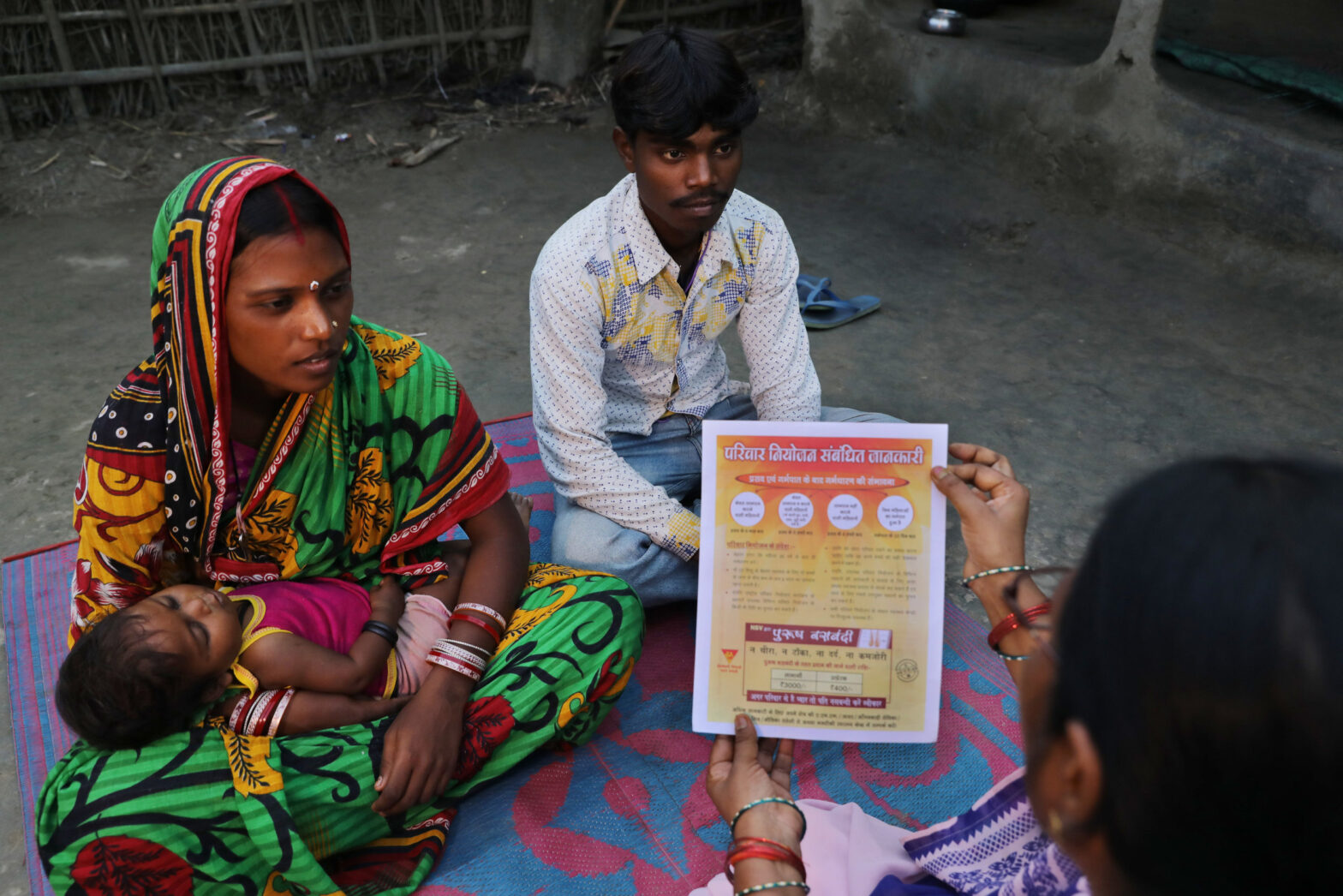Universal health coverage (UHC) characterizes an ideal where all people have access to the health services they need, when and where they need them, without financial hardship. In the same way that the long-term consequences of the COVID-19 pandemic will place a heavy burden on health systems, so too will the lack of reproductive health care.
Month: March 2021
APHRC and Guttmacher Institute announce partnership to advance sexual and reproductive health and rights in Sub-Saharan Africa
The African Population and Health Research Center (APHRC) and the Guttmacher Institute are proud to announce their partnership to promote sexual and reproductive health and rights (SRHR) in Sub-Saharan Africa.
News and Updates from FP2030
In this newsletter, we take a closer look at the data from this year’s report. Sesi Aliu, FP2030 Manager, Data & Performance Management, provides an excellent overview of what we learned, including how our collaboration has improved contraceptive equity, as well as the information people have when choosing a method of contraception and the range of contraceptives available.
The Arc of Progress, 2012-2020: What You Need to Know from the Final FP2020 Progress Report
At the outset of 2020, we knew it would be a challenge to present a complete picture of progress over the eight years of the FP2020 partnership, primarily because indicator estimates included in each year’s report are largely based on data collected in previous years. What we didn’t expect was a global pandemic to further complicate this process.
First Look: The Impact of COVID-19 on Family Planning
As the pandemic continues into its second year, the full impact on family planning and women and girls access to services still isn’t known, and won’t be for some time. Still, to begin to understand the pandemic’s effects, FP2020 began convening family planning data partners in April 2020 to better understand how the COVID-19 pandemic was affecting programs and services.
National ownership of family planning: What do FP2020 commitments have to do with it?
This paper seeks to understand the political economy of commitments and normative best practice within FP national programs, contributing to “stock taking” of change objectives for national ownership and domestic financing of FP programs post FP2020.



